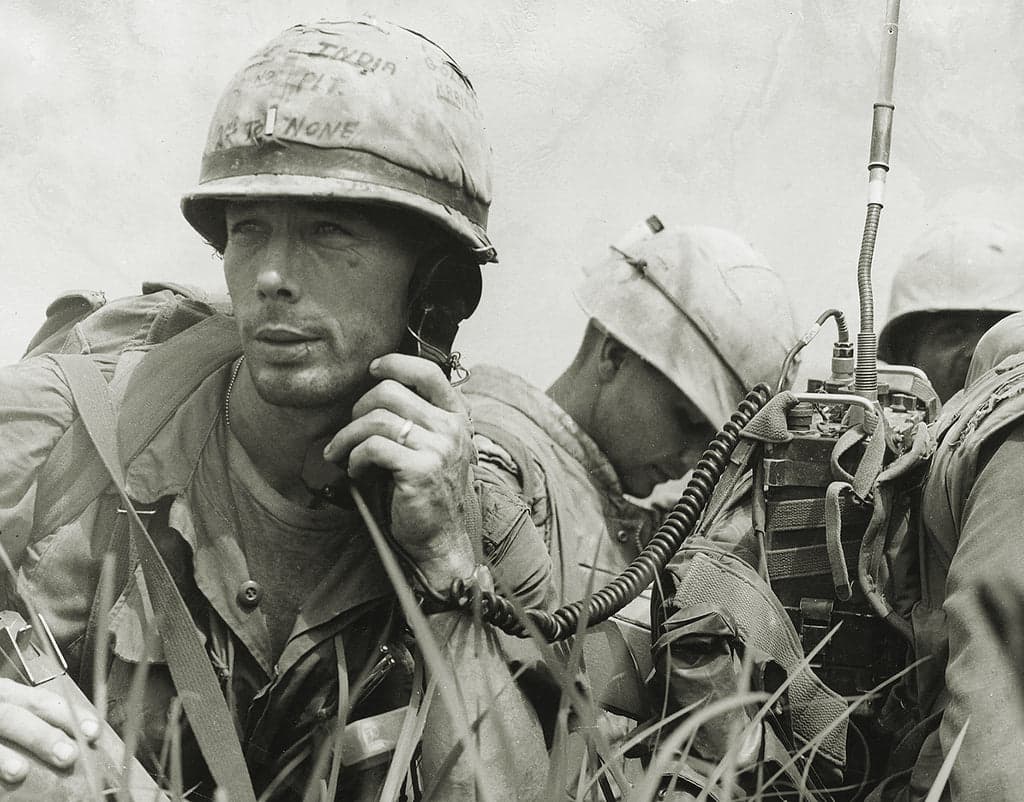
I grew up in a small town where becoming a doctor seemed like a pipe dream. But I loved science, and I loved people. When my mother was diagnosed with cancer while I was in third grade, I watched the doctors help her heal and decided that someday I wanted to do the same. Years later, when my grandmother developed Alzheimer’s, that desire deepened. I wanted to understand illness, ease suffering, and give families more time with the people they loved.
I made it through medical school and residency in Family Medicine, driven by purpose but tested by exhaustion. We were overworked, understaffed, and endlessly documenting instead of connecting. I went on to complete a fellowship in Geriatrics, believing I’d finally found my calling—caring for older adults like my grandparents. But my first job out of fellowship was brutal: the same number of patients as other primary care physicians, but each visit was complex, slow, and emotionally heavy. It wasn’t sustainable.
When I moved into a government role, I thought I’d found stability. Instead, I found bureaucracy—layers of administration, chronic understaffing, and limited resources. I cared deeply about my patients and colleagues, but over time it became clear that the system wasn’t built to support the well-being of its own employees. It took me nearly two years to get a standing desk, even with a doctor’s note and chronic back pain from staying late charting and sitting for hours upon hours. In Geriatrics, I accepted that aging and death are part of life, but it was difficult to watch so many patients decline when much of it could have been prevented earlier through healthier lifestyles.
As the burnout grew, I began searching for other avenues. I joined multiple masterminds and started reading books outside of medicine—focused on mindset, leadership, and entrepreneurship. I realized that to thrive in today’s healthcare environment, physicians need skills that were never emphasized in training. Learning those skills changed how I viewed my career and what was possible within it.
Then I stumbled upon The Blue Zones, reading about centenarians who were thriving into their hundreds—active, connected, and purposeful. It was the first time I saw aging reframed as something that could be optimized, not just endured. That discovery led me to Lifestyle Medicine, and eventually to Obesity Medicine. I began working in a weight loss clinic, where I focused on Lifestyle approaches to help patients lose weight and improve their health. Patients were coming off medications, losing weight safely, and rediscovering energy. I was, too.
For the first time in years, I felt aligned with why I’d entered medicine in the first place. I realized that helping people live longer wasn’t as meaningful as helping them live better. The data supported what I was seeing: up to 80 percent of chronic diseases can be prevented through lifestyle changes, yet physicians are rarely trained in how to apply that knowledge—for patients or for themselves.
The more I spoke with colleagues, the more I saw a painful pattern: brilliant, compassionate physicians running on empty. On paper, they looked successful. In reality, many were exhausted, hypertensive, and quietly suffering. Studies now estimate that more than 60 percent of U.S. physicians experience symptoms of burnout, and physician suicide rates remain among the highest of any profession.
My career—and my health—have evolved because of those realizations. I’ve learned that the system will not save us; it’s not designed to. We have to save ourselves by reclaiming time, protecting our health, and redefining what a sustainable medical career looks like.
Medicine has changed. The profession that once promised security now feels precarious, with layoffs and corporate control eroding the sense of calling that once defined it. But I still believe in this field. I believe in physicians. We are not powerless, even if the system wants us to believe we are. Every time one of us chooses health, autonomy, and purpose over burnout and compliance, we move the profession forward—one physician at a time.
That’s how we begin to reclaim the narrative of medicine—and our place within it..
Dr. Greg Gatchell is a Hawaii-based physician focused on Obesity, Lifestyle, and Longevity Medicine. He writes about the intersection of lifestyle, longevity, and modern medicine—sharing lessons learned from researching, practicing, and living it himself.



